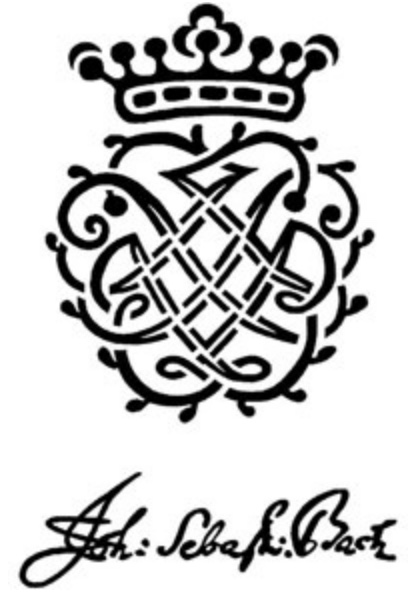By Daniel Hathaway
. Charnofsky unveils more underplayed music
. Cleveland Uncommon Sound Project reveals plans for RE:Sound Festival in June
. J.S. Bach’s birthday and the first day of spring inspire a listen to two of his secular cantatas
HAPPENING TODAY:
2:00 pm – 4:00 pm – Not Your Grandmother’s Classical Music: hosted by Eric Charnofsky. Featured music —Augusta Read Thomas’s Angel Tears; Earth Prayers (saxophone and organ), Arnold Bax’s selected art songs for baritone and orchestra, Melinda Wagner’s Concerto for Flute, Strings, and Percussion, George Rochberg’s String Quartet No. 5 & Annie Gosfield’a The Harmony of the Body-Machine (cello and static/machine noise). Click here to listen to the internet feed: or tune in to 91.1 FM in the greater Cleveland area.
IN THE NEWS:
The Cleveland Orchestra has announced details of its 2023-2024 Severance Music Center Season. Click here to view the schedule.
Following its annual Scholarship Competition on March 17, Tuesday Musical has announced the winners of its 2023 awards. Click here to read the announcement.
Cleveland Uncommon Sound Project (CUSP) has announced the lineup for its 2023 RE:Sound Festival. Running from June 8-11, the annual new and experimental music festival brings together and showcases pioneers in the arts with diverse programming of music and sound installations at venues across Cleveland. Click here for details.
ALMANAC FOR MARCH 20:
Overshadowing the birth of Russian pianist Sviatoslav Richter on this date in 1915, and the 1948 duel on that date between CBS and NBC to broadcast the first symphony orchestra concert (CBS won by 90 minutes with a Philadelphia Orchestra program, and NBC was the runner up with a Toscanini-led NBC Symphony performance), German composer Johann Sebastian Bach was born in Eisenach in 1685.
Bach’s output was so extensive that there’s no paucity of music to recommend to mark his birthday, But because he was occasionally called upon to create birthday or name-day cantatas for his employers, let’s spin his cantata Was mir behagt, ist nur die muntre Jagd, BWV 208, written for the 31st birthday of the Duke of Saxe-Weissenfels in February, 1713. Here’s a complete performance led by Helmuth Rilling.
It’s fun to run down a list of available arrangements of the most famous movement in BWV 208, “Schafe können sicher weiden,” or “Sheep may safely graze.” The original, sung by the character of Pales, is a charmingly simple thing scored for soprano and continuo with two obligato recorders that casts the Duke as the faithful shepherd who protects his flock.
Although Sheep is most frequently performed by such pianists as Leon Fleischer, Lang Lang and Gina Alice, and Murray Perahia, you can also find the aria in versions sung by Kirsten Flagstad, played by classical guitarist Christopher Parkening, or the Canadian Brass, or in a full orchestral elaboration by Leopold Stokowski. What would Bach have thought? Had he lived in the 21st century, would he have earned royalties?
Bach’s Birthday also coincides with the Vernal Equinox, and a very pleasant way to celebrate that conjunction involves another cantata, Weichet nur, betrübte Schatten (“Vanish now, troubled shadows”), that Bach wrote for a wedding, perhaps his own, and probably in Weimar around 1714. Apollo’s Fire has recorded BWV 205 with soprano Amanda Forsythe and oboist Debra Nagy — click here to listen to the gorgeous opening Sinfonia, and here to watch a video of the complete work as performed on the music series at Christ & St. Luke’s Church in Norfolk, VIrginia, led by Kevin Kwan, a graduate of the Cleveland Institute of Music.




